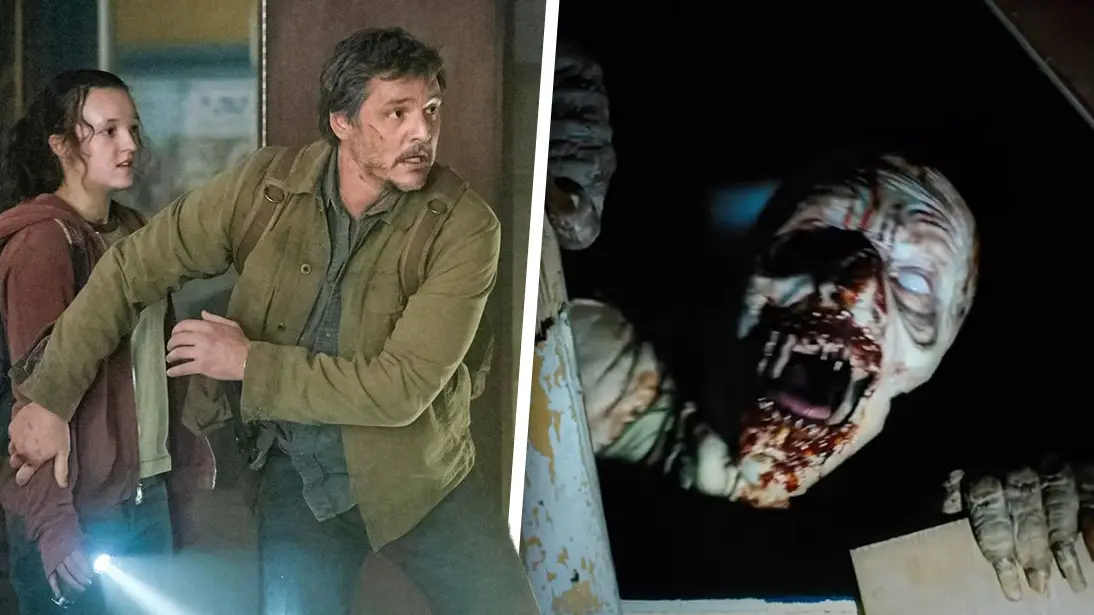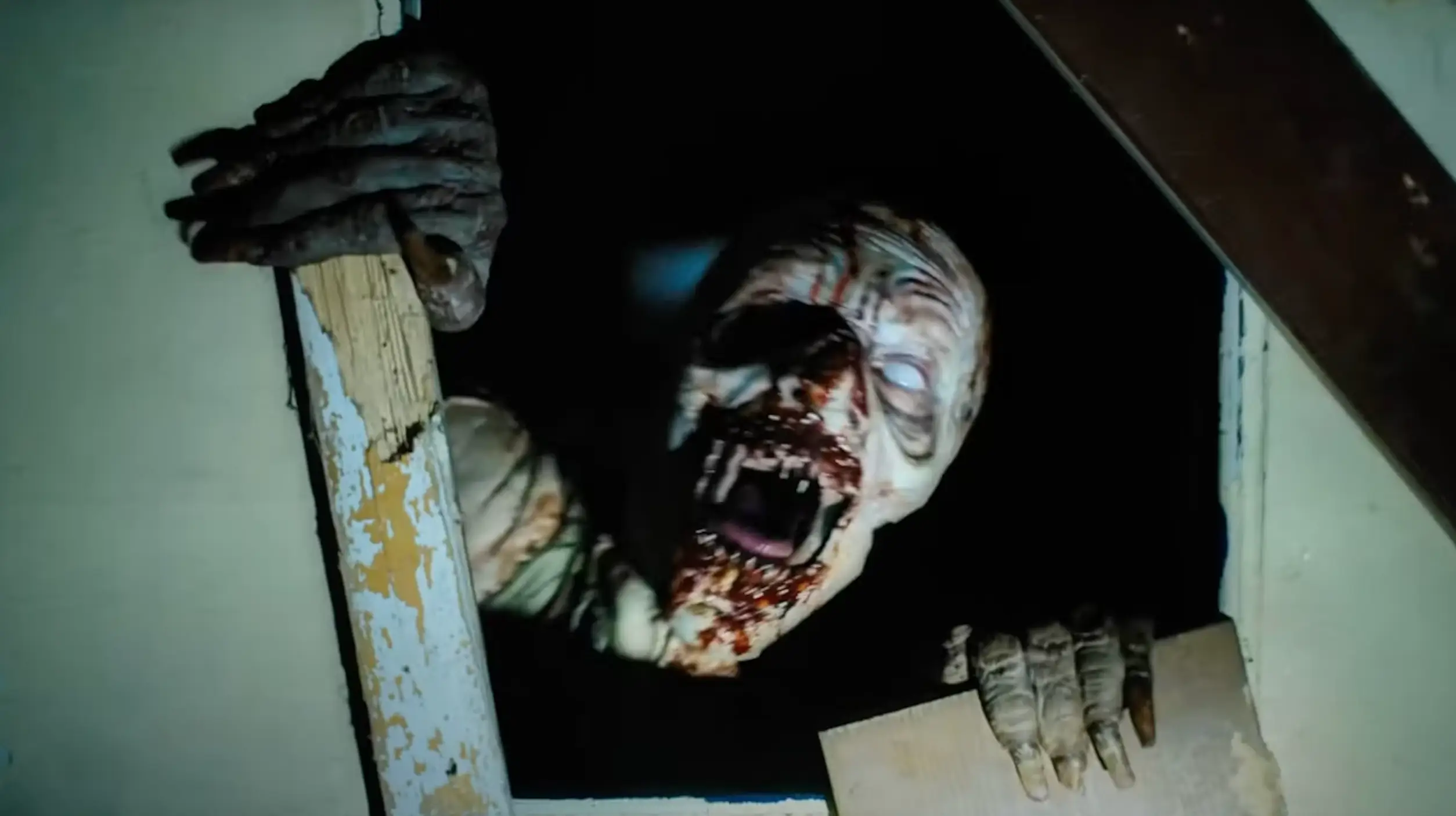
I don’t think it would be revolutionary of me to say that we’re in the midst of a golden age of video game adaptations. For years, such projects were Hollywood’s great conundrum. Each box office flop was followed by another, with various studios all struggling to work out what it takes to translate a game successfully to the big screen. In recent years though, that’s changed. The Last of Us, Fallout, Sonic The Hedgehog, The Super Mario Bros. Movie, and Twisted Metal are all genuinely fantastic - and it’s really down to one key reason.
I should add, before I continue, that three of those aforementioned projects are TV shows, and I do think the dawning of an era of ‘prestige TV’ helped in providing a longer-form of storytelling where perhaps video games felt more at home. For the most part though, these recent success stories are down to writers, directors, and producers finally working from an understanding of the source material - a faithfulness to it, if you will.
Why did 2016’s Assassin’s Creed flop? Someone threw the Hidden Ones onto the silver screen with little finesse and expected us to care. Whereas you look at The Last of Us and time was taken to ask several important questions. What is it that players are attached to? What is it they’d like to see more of? The end result deepened our understanding and appreciation of each of the various characters giving this TV retelling a purpose. The Sonic The Hedgehog film could’ve so easily used like-for-like locations, but what would have been the point of that? Replacing Green Hill Zone with the suburban town of Green Hills made far more sense from a storytelling point of view, grounding these beloved characters in a new tangible world that justified its existence on the big screen.
There’s a newfound appreciation of video games as both an art form and a source material, and it’s the honouring of that source material paired with a resolute understanding of purpose that I believe has led to this wave of success. Sonic The Hedgehog has proven that you don’t need to be totally narratively by-the-book to nail an adaptation, as has Fallout with its original story which is why I find myself so taken aback by the response to Until Dawn’s trailer. If ever there was something to indicate that we’ve left those dark days of drab video game adaptations behind, it’s this - and yet, viewing the response to the trailer wouldn’t lead you to that conclusion.
Advert
ICYMI: Take a look at the film’s trailer below.
You see, Until Dawn will not retell the story of that infamous night on Blackwood Mountain. Instead, writers Blair Butler and Gary Dauberman and director David F. Sandberg have opted to adapt the title’s gameplay, exploring how the concept of a branching narrative might be translated to film. In Until Dawn, the game, players are tasked with making choices, with those choices determining who survives and who perishes throughout your playthrough.
The film employs a similar idea, instead this story centres around a group of friends who discover a haunted house, of sorts. After the entire group is slaughtered after staying in the house overnight, they wake up inside the house once more, discovering that the only way to escape this ordeal is to survive … until dawn. The characters will need to make different choices during each loop in a bid to find what is the path that’ll lead them to safety. It just so happens that each loop also reflects a different horror genre so yes, it’s looking like we will see the wendigos pop up as an added nod to the game.
If you ask me, this is pure genius. What is there to gain from simply retelling Until Dawn’s narrative and picking a canon outcome? The joy of playing comes from the risk of there being no safety blanket and so instead, the Until Dawn film has taken that sense of risk and uncertainty and adapted it into a like-minded tale that’s sure to delight those who enjoyed the original game. And it’s not as if there are no additional links back to the game.

As I said, each time the teens awaken to experience another loop, they’ll find themselves in a new horror genre. Already in the trailer, we’ve seen someone wearing Josh’s clown mask so I’m assuming one genre simply centres around the idea of a ‘psycho killer’, and there are wendigos present in a more monster-centric segment. Of course, there’s also the reprised inclusion of Peter Stormare’s Dr. Hill, a character who featured in the game.
And yet here’s a snippet of the response to the trailer on YouTube. “I knew I shouldn't have ordered Until Dawn from Temu,” read one comment. “WHY DO THEY UNNECESSARILY CHANGE THINGS?? There is NO reason NOT to follow the story of the game YOU ARE MAKING A MOVIE OF,” added another. “Yeah they definitely didn’t play the game,” said one viewer.
I wish you could hear the sigh that just escaped me because clearly Until Dawn, the film, is something that’s been crafted with an immense appreciation and understanding of the game for all of the reasons that I highlighted above. An adaptation can be both faithful and unique. There’s nothing to gain from creating a like-for-like copy, unless a cold, sterile live-action iteration of the game is what you seek. Video game adaptations thrive, as we’ve seen in recent years, when they have a purpose and something that can broaden the experience beyond what’s already present in the game. Until Dawn has seemingly done that. Open your eyes, people - extend your horizons.
Topics: TV And Film, The Last Of Us, Fallout, Sonic